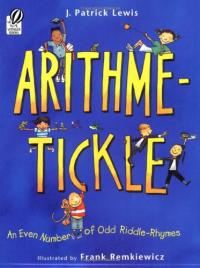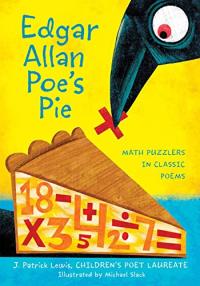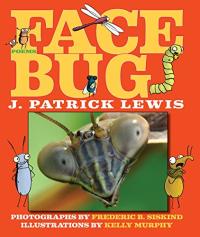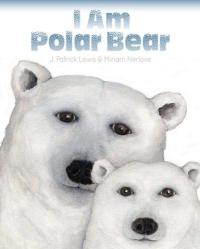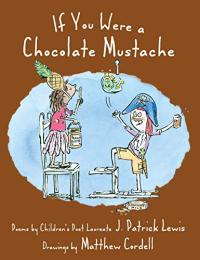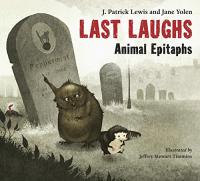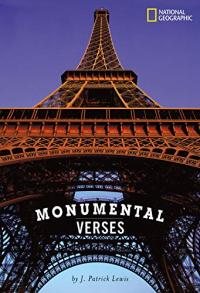
Bio
J. Patrick Lewis was born and raised alongside his twin brother, Mick, and younger brother, Tim, in Gary, Indiana. He earned a BA at Saint Joseph’s College, an MA at Indiana University and a PhD in economics at the Ohio State University. Lewis taught at Otterbein College in Westerville, Ohio until 1998, when he switched careers to become a full-time writer. Lewis discovered poetry at the age of 39; he says that poetry “seized me by the nape of the neck and wouldn’t let go.”
Lewis has published more than 80 books of poetry for children. He writes about topics both light and serious, funny and dark — and he explores all sorts of topics, from modern day heroes to oddball holidays to mathematics. Lewis has written poetry in many styles — free verse, rhyme, haiku, riddles, limericks and villanelles — whatever best suits the purpose of the poem. His books include Spot the Plot: A Riddle Book of Book Riddles (2009, illustrated by Lynn Munsinger); New York Times Best Illustrated Book The Last Resort (2002, illustrated by Roberto Innocenti and translated into more than a dozen languages); The Shoe Tree of Chagrin (2001, illustrated by Chris Sheban), which won the Society of Children’s Book Writers & Illustrators’ Golden Kite Award; and A Hippopotamusn’t: And Other Animal Poems (1990, illustrated by Victoria Chess). In 2012, Lewis edited The National Geographic Book of Animal Poetry, featuring stunning photography and 200 carefully chosen poems about animals of the world.
His children’s poetry has been widely anthologized, and his contributions to children’s literature have been recognized with the 2011 Children’s Poetry Award from the National Council of Teachers of English and the Ohioana Awards’ 2004 Alice Louise Wood Memorial Prize. Lewis was named the nation’s third Children’s Poet Laureate by the Poetry Foundation and served from 2011 to 2013. He lives in Westerville, Ohio.
Learn more about J. Patrick Lewis on his official website .
Find this author’s books on these booklists
Themed Booklist
A Packsack of Poems
Themed Booklist
A Poetic Spring
Themed Booklist
Hit the Road, Rails, and Trails
Themed Booklist
Holiday Buying Guide 2005
Themed Booklist
Holiday Buying Guide 2006
Themed Booklist
Holiday Buying Guide 2009
Themed Booklist
Holiday Buying Guide 2010
Themed Booklist
Holiday Buying Guide 2017
Themed Booklist
Things to Do When There’s Nothing to Do
Themed Booklist
